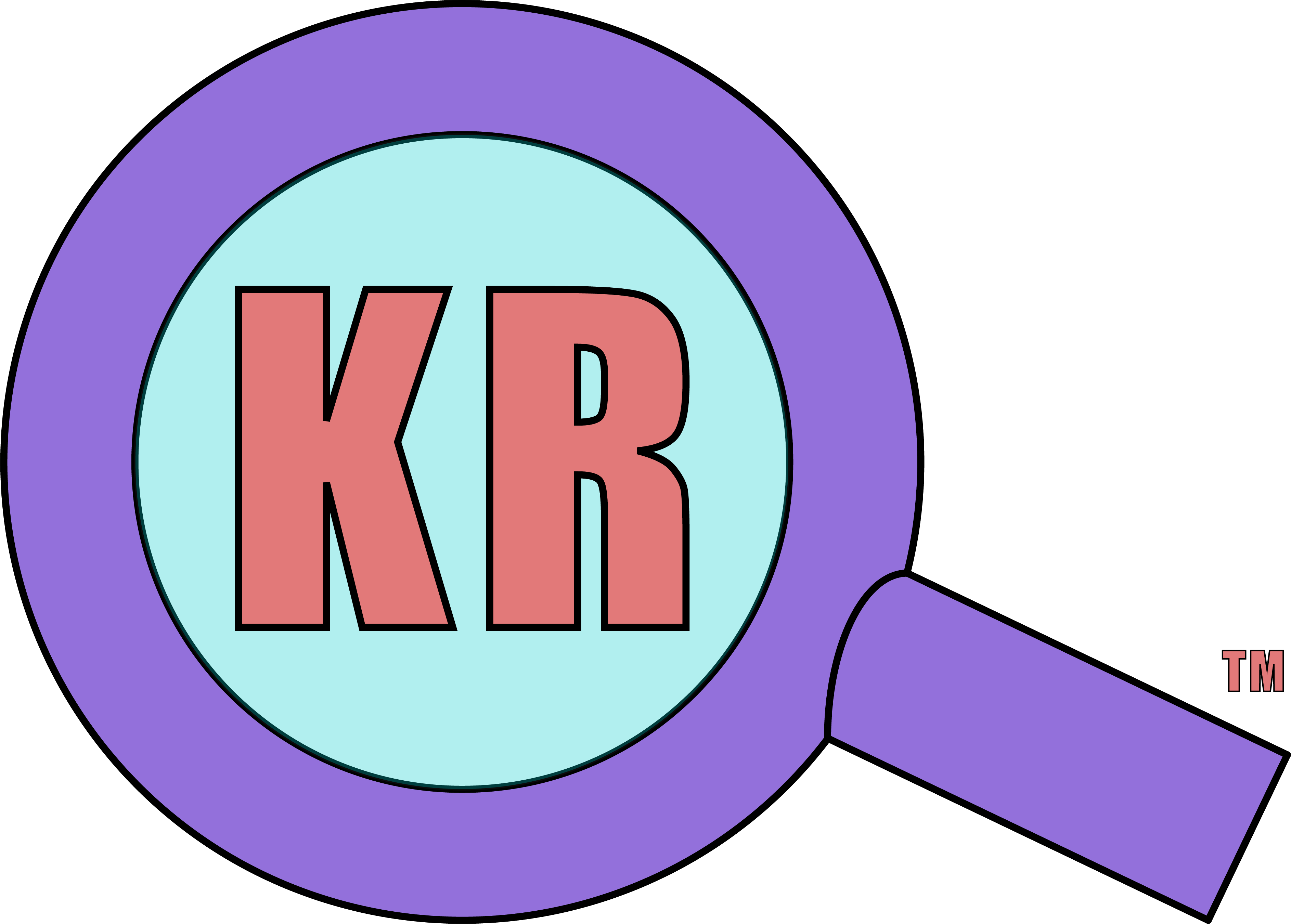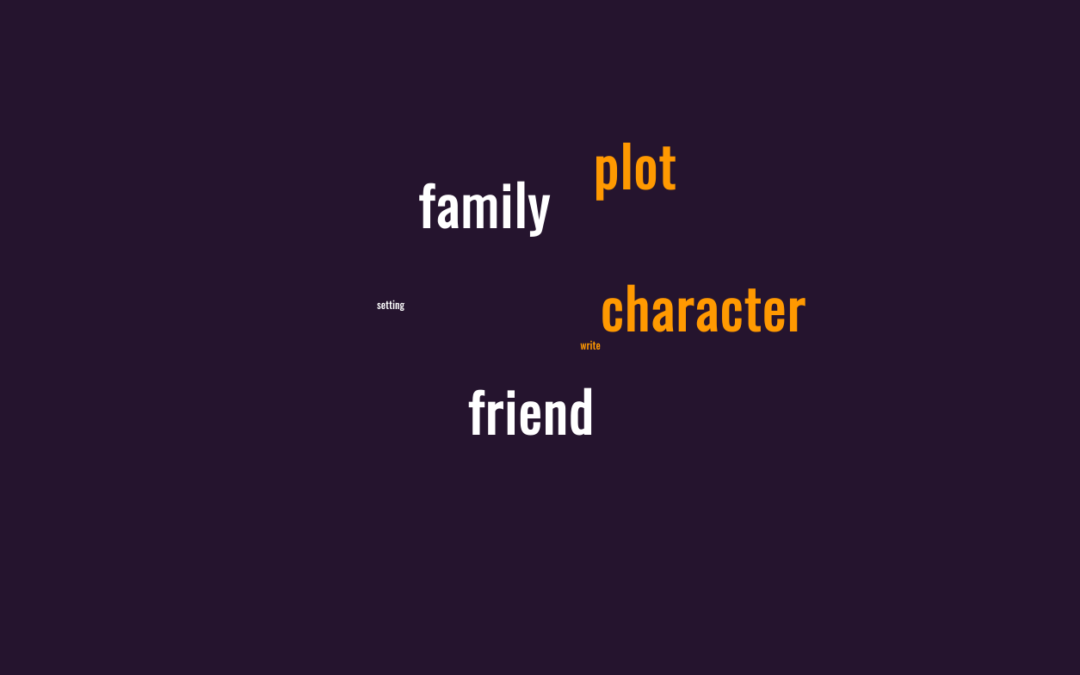From early on, we are told “write what you know.” If every writer followed this advice, we wouldn’t have science fiction, or fantasy, or the always-sappy happily-ever-after of romance novels. These are often not real life experiences, so how can someone “know” about them? Love doesn’t always turn out that way. The names science fiction and fantasy may indicate that even if there’s a grain of truth, the rest requires your imagination.The characters and their traits or powers are just the fanciful imagination of the author, and none of it applies to what we know as truth and fact in the real world we live it.
Other genres, including mystery – the genre of my upcoming novel, are more fact-based. I can “write what I know,” since there is plenty to know about solving mysteries, the police work it takes, and the many factual details needed to make the story believable. But, I didn’t know. I had a lot of research to do. I’ve learned this from my dad. He can’t read a book or watch a TV show without his retired police officer’s brain saying “that’s not how that’s done” or “you can’t solve a crime like that in a couple days.” His comments have informed my writing. The rest is research. How big of a hole does a certain bullet make? When a body and analyzing the blood spatter on the wall to recognize how the person was killed, or were they moved and the crime scene is elsewhere? I looked a lot of this stuff up over many visits to the library for various books, interviews with police officers, and more research. I didn’t exactly write what I knew.
When it comes to settings, I do write what I know, to an extent. The setting of my upcoming novel is in a smallish, fictional town I have created. But that creation came from a combination of towns I know and love. While the town I have created doesn’t actually exist, pieces of it do.
When it comes to characters, it’s a mixed bag. One character is so much like a friend of mine, I asked that friend if it was okay if I modeled a character after them. Thankfully, they said yes. I’ve informed them of the character traits and features I’ve used, and I’ve let my friend read the parts that include the character. This character is meant to compliment, not degrade, this person. Another character I’ve created is modeled after a family member, and even uses a version of their name. Again, I told this family member about the character. Yet a third character is somewhat based on a family member. Physical traits have not been used, but this family member’s magnetic personality and ability to communicate with a variety of people is the type of character traits I wanted in the character in story. I didn’t really think about it at first, but the more the character was developed, the more I saw the similarities.
Other characters have come purely from my imagination, and aren’t particularly modeled after anyone I know. On a subconscious level, it’s possible they are, but these characters are not “write what you know” characters. They are many and varied, some with backgrounds I needed to research a little because it’s not what I know.
Knowing all this, is write what you know the best advice? Let’s talk about it on Facebook.

